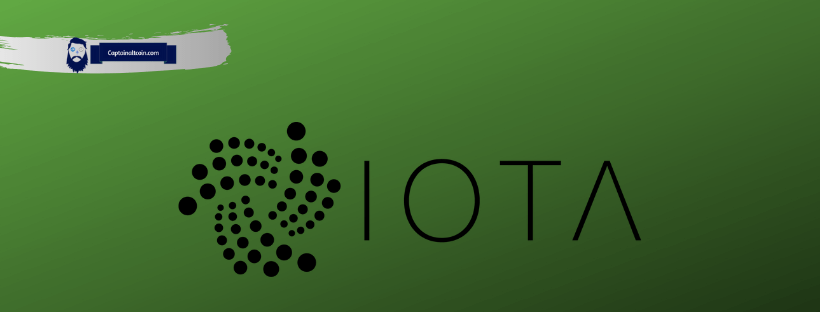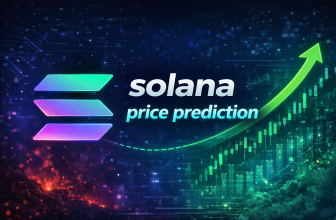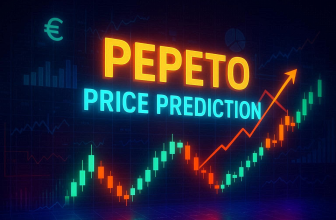
The Biota team wants to use IOTA technology to tackle the waste problem. The Tangle will help develop a deposit system that rewards people for collecting plastic waste.
What you'll learn 👉
IOTA technology for waste separation
Decentralised technologies are not necessarily perceived by the public to be the best in terms of energy efficiency and CO2 emissions. The high energy consumption of Bitcoin’s proof-of-work consensus mechanism often overshadows existing solutions.
Although the blockchain can help to make energy trading more effective and more efficient in many other applications, the Bitcoin cosmos still has an unpleasant (CO2) odor.
But there are solutions. For example, ARTIS Blockchain and the associated Moon Update are currently being developed as a platform to promote energy-efficient action – for example with a blockchain solution for electric cars.
Solutions are also emerging on other sides of the decentralized blockchain world: The IOTA-based “Deposy” project is dedicated to effective waste separation and the use of microtransactions via the IOTA Tangle.
Reward system to promote waste separation
Reward systems, the Deposy team postulates on its website, are necessary to get the population to participate in processes such as the disposal of plastic waste. It is only through reward, it is assumed, possible to get people to help.
This is where Biota – the association behind Deposy – sees an IOTA application case for the recycling system. The collection and disposal of plastic waste should be given a monetary incentive. The assumption is that the economic value of CO2 avoidance will be one of the factors that will create value in return.
While you are here, have a look at our guides on best IOTA wallets and IOTA price prediction for 2019 & 2020.
Smart deposit machines through Product Identity and IOTA
In order to introduce this system, Deposy wants to work with product identities. This is where the IOTA Tangle comes into play. The acyclic graph on which IOTA transactions runs is to serve as storage space for product information. This information should include, for example, the CO2 footprint and the properties of the products. Thanks to the IOTA machine to machine communication, this information will in turn be sent to any vending machines that can sort the products thanks to the information:
Products become smart products due to product identity,
they say.
Deposy’s Product Identity therefore helps to identify products unambiguously and to attach value to them when they are returned – smart deposit machines, if you like.
This ID should ultimately make the plastic waste system more verifiable and thus create new opportunities for greater efficiency.
Deposy considers the IOTA technology to be particularly suitable for its solution. According to Deposy, it is above all the high scalability and the absence of transaction fees that make it attractive for the smart deposit system.
About Deposy
Deposy is under the patronage of Biota (Association for Organic, Environmental and Climate Protection with Tangle Applications), which was founded in September 2019. Deposy (short for deposit system) is currently the main project of the association. Through the described system, the association wants to preserve pure plastic waste. The aim is to give people an incentive to collect and separate waste.





